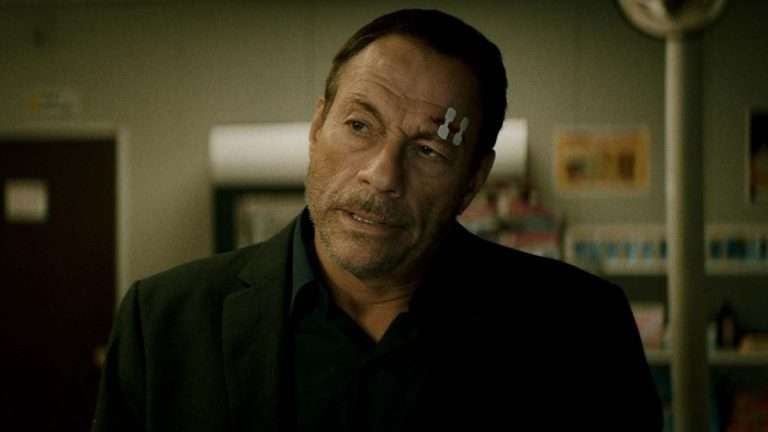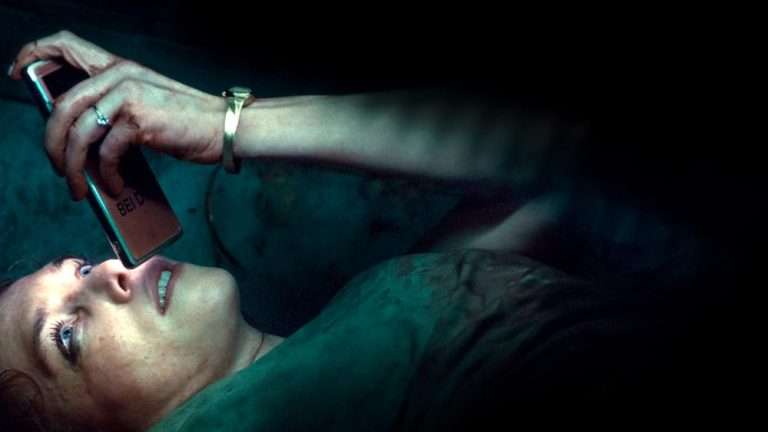Thomas Opre’s “The Last Keeper” is the latest in the line of environmental documentaries that try to debate the need to take another look at why nature should just be allowed to take care of itself sometimes. Using the term ‘rewilding,’ sometimes to over-extend its partial message across – the documentary clearly takes the side of the gamekeeper, hunting animals and allowing the naturalistic way to deal with ecological disbalance, whilst occasionally making sure that both sides of the debate are given weight. This is not just problematic but incredibly manipulative for an audience who likes to understand both sides before actually making a rounded opinion about what’s right and what’s wrong.
Opre uses the usual talking-head format to dive into the Scottish Highlands, its rich history, and how it was shaped into the beautiful landscape we see before our eyes. By clueing us into the history of the place, the filmmaker wants to draw parallels to the current land control scenario that has plagued the lands. So, after he introduces us to the history of the lands, he carefully plants the seed of how important ‘the gamekeepers’ have been for the betterment of the local community and the lush Greenlands. His idea is to make us feel at ease with the idea of these gamekeepers being ‘saviors’ and ‘protectors’ of these lands, and, while to some extent they are, that claim doesn’t necessarily have a strong ground if the claim is all that matters.
The gamekeepers, their origin, their stories, and their job being at threat are all a great plot device and an interesting thing to understand. Opre is eager to lay bare the realities of how their job of allowing the hunting season to go on – which inadvertently provides relief to the flora and fauna of the Scottish Highlands – has gotten into a severe threat of late. However, his ideas feel very partial towards hunting, or for lack of a better word, rewilding as the only way forward for these highlands to survive.
There is an innate feeling that runs through the entire proceedings of the documentary, and it feels like it wants to throw shade at environmentalists, climate change warriors, and people who are aggressively working towards saving the world no matter what. Even though director Opre presents both sides of the coin, you can clearly see what sides he wants to support and what he believes you should believe in, too.
It’s a tricky slope the documentation plays on. If you are of the belief that killing is wrong, you will have no sympathy for the gamekeepers, their families, and all the other people who have been living in the Scottish highlands and whose only means of living is via the hunting season that brings in rich folks to their community. However, it’s hard to see beyond the killing of certain species, including the golden eagle, that the film presents as a rightful cause, even though it is clearly known that they are endangered species.
Intermittently, the director himself appears in the documentary, filling in the gaps between the two sides. However, his narration is so bizarrely placed and full of ChatGPT-generated text that it becomes difficult to take any of it seriously.

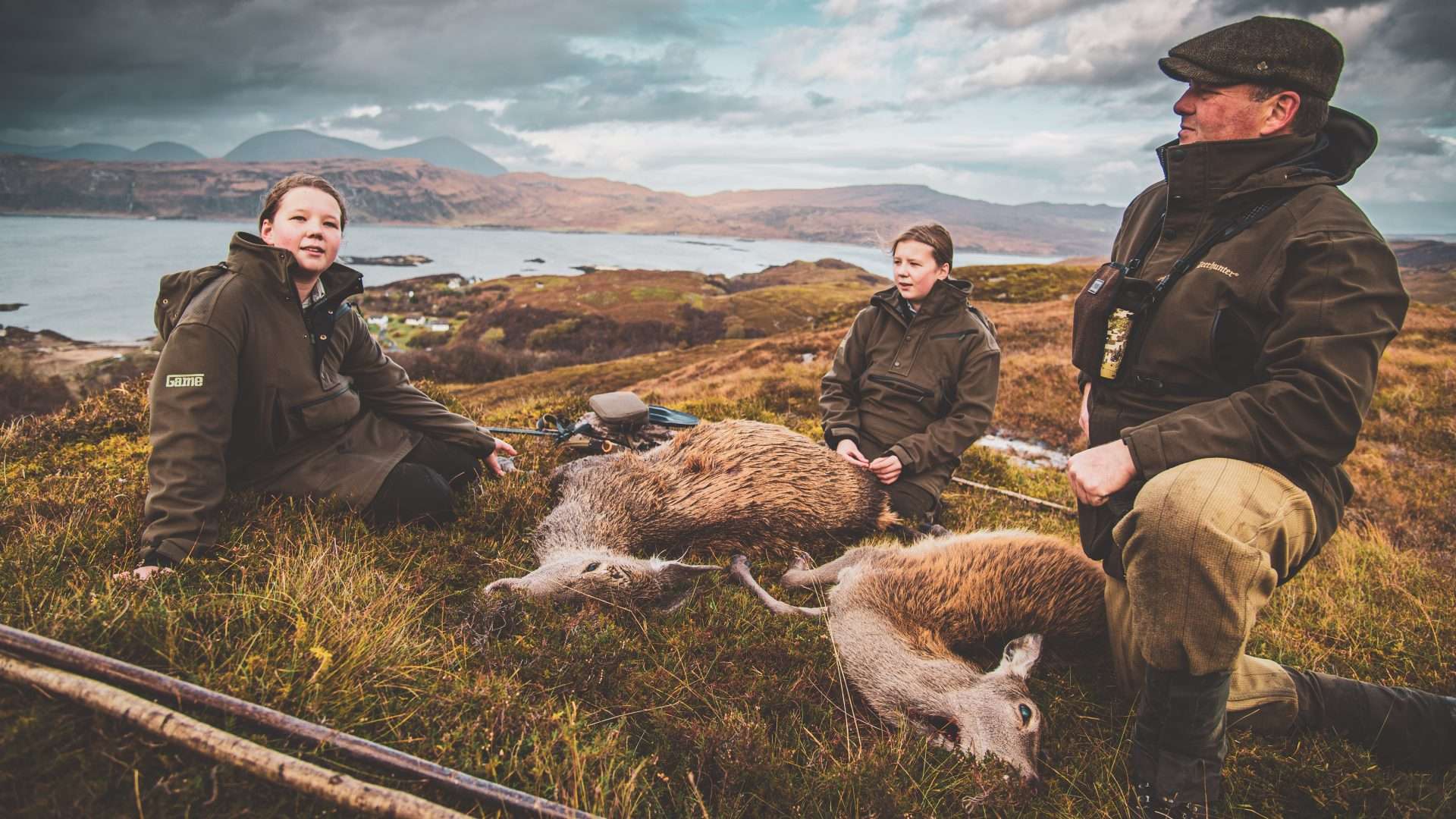



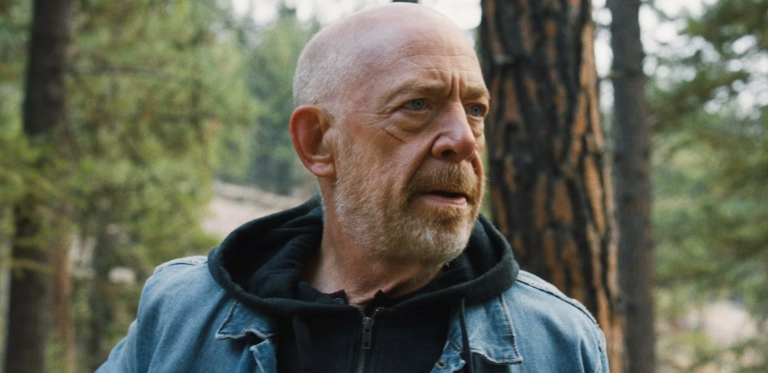
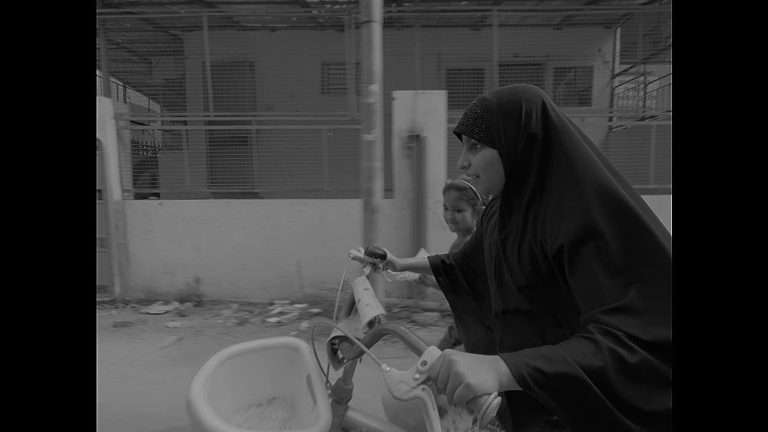
![Wait Until Dark [1967]: 50 Years Later, Still As Effective](https://79468c92.delivery.rocketcdn.me/wp-content/uploads/2017/10/HIGH_ON_FILM_WAIT_UNTIL_DARK-1-768x435.png)
